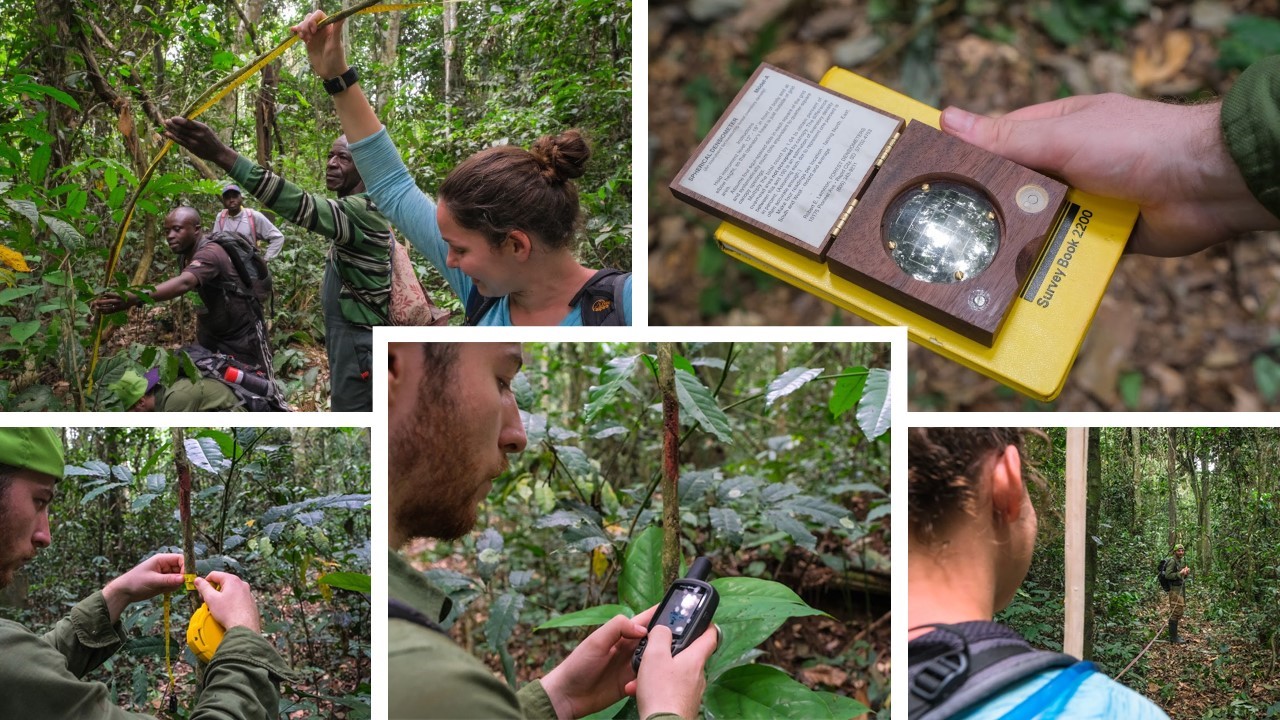[Science news] - The search for coffee in Yangambi, Democratic Republic of the Congo

Coffee plays a vital role in most people’s daily routine. Globally, we consume around 10 million tonnes of coffee beans per year. Over one-third of this huge market consists of Robusta coffee (Coffea canephora).
Robusta coffee grows in the tropical forests of Central Africa. These wild populations contain genes useful for improving coffee cultivation, so conserving them is vital to safeguard our beloved beverage.
In January-March 2020, researchers from Meise Botanic Garden worked with local botanists in the Yangambi area of the Congo Basin to locate C. canephora plants. We surveyed about 20 plots throughout the forest, often walking for hours in challenging terrain and occasionally getting caught by African storms. Despite the harsh conditions, we found over 200 individual C. canephora trees. We took leaf tissue for genetic analyses, herbarium samples for the herbaria in Yangambi and Meise, and cuttings for the living collection at the Congolese institution INERA (Institute National pour l'Etude et la Recherche Agronomiques). We also found at least four other coffee species growing in the region.
Comparing C. canephora from different plots will allow us to study how forest disturbance by humans affects wild coffee population’s diversity and connectivity. Understanding how to best protect natural diversity will help assure coffee production in a changing world.
For this research, Meise Botanic Garden is working with Flanders Research Institute for agriculture, fisheries and food (ILVO), Royal Museum for Central Africa (RMCA), KU Leuven (Belgium), the University of Kisangani, CRSN (the natural science research centre) at Lwiro, and INERA. The project is financed by Research Foundation Flanders (FWO), Belgian Science Policy (BELSPO) and Funding European Union (FED XI EU).



